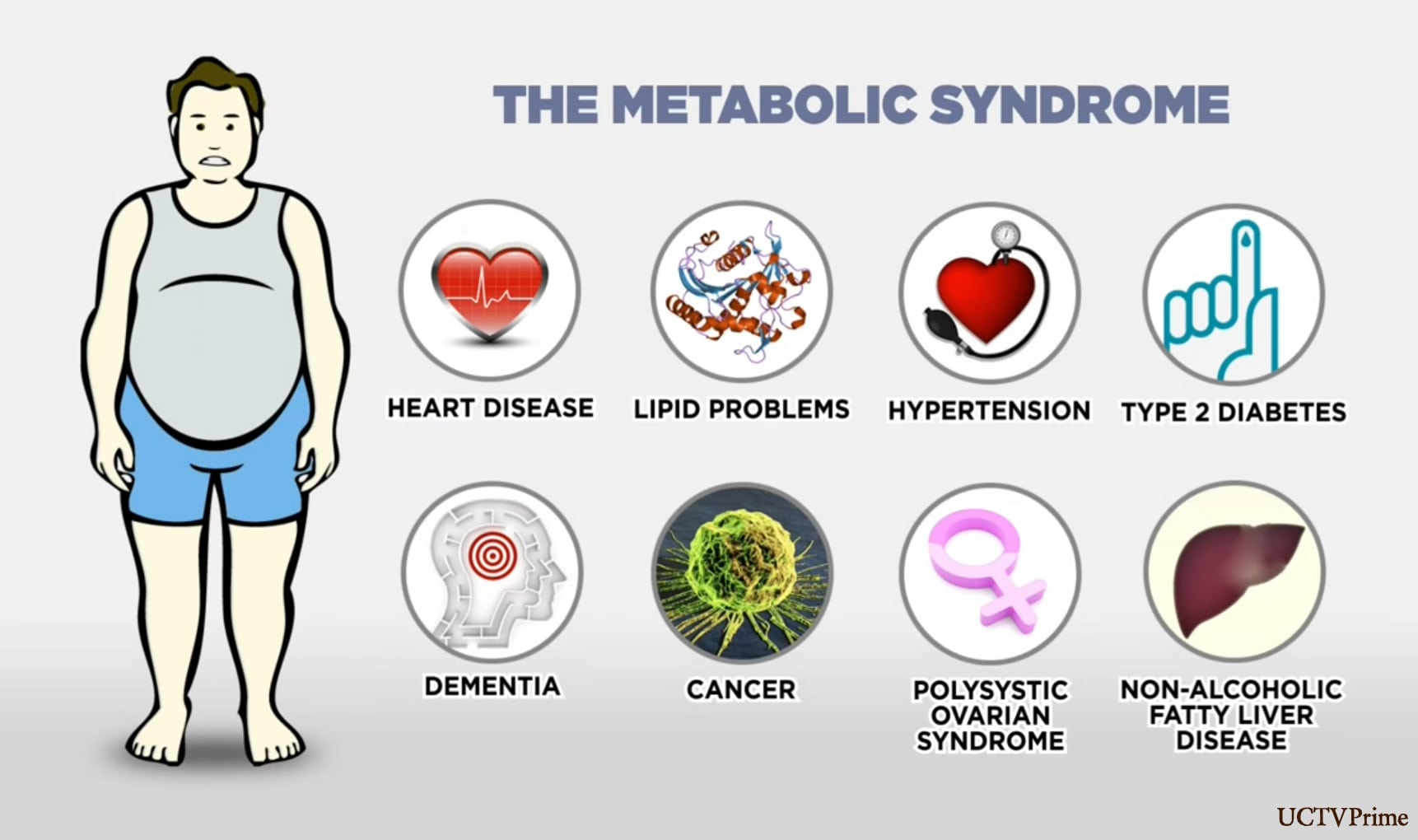Has Your Doctor Mentioned “Metabolic Syndrome”?

We have shared content about this condition a few times before. But because its incidence continues to rise, we feel it’s important to consistently share about it.
Maybe you’ve never even heard the term “Metabolic Syndrome”. For many people, they have heard it but don’t really know what it means. If not, it’s time you did because Metabolic Syndrome is important … especially if you have heard it related to you or someone you love!
First, let’s consider the word “Syndrome”. This implies a group of symptoms that together are characteristic of a specific disorder, disease, or the like. So, syndrome is essentially an umbrella term under which some predictable things may likely occur together.
Check out some of the facts and figures recently posted on a popular health related website* regarding Metabolic Syndrome:
- Metabolic syndrome is a group of risk factors that come together in a single individual. Specifically, metabolic syndrome is a cluster of the following: high blood pressure, high blood sugar, high cholesterol levels, and belly fat … all of which increase the risk of heart disease and diabetes.
- Although it was only identified less than 20 years ago, metabolic syndrome is as widespread as pimples and the common cold. According to the American Heart Association, 47 million Americans have it. That's almost a staggering 1 out of every 6 people!
 In other countries: Around 25% of adults in Europe and Latin America
are estimated to have the condition, and rates are rising in
developing East Asian countries. Within the US, Mexican Americans
have the highest prevalence of metabolic syndrome. The prevalence of
metabolic syndrome increases with age, and about 40% of people over
60 are affected.
In other countries: Around 25% of adults in Europe and Latin America
are estimated to have the condition, and rates are rising in
developing East Asian countries. Within the US, Mexican Americans
have the highest prevalence of metabolic syndrome. The prevalence of
metabolic syndrome increases with age, and about 40% of people over
60 are affected.- Given how common metabolic syndrome is, everyone should be worried about the risk factors. After all, metabolic syndrome can dramatically increase your risk of serious health problems, such as diabetes, heart attacks, and strokes -- yet often people don't even know what metabolic syndrome is.
- Most of the metabolic syndrome risk factors don't have any symptoms. Often, the only outward sign is packing some extra weight in the belly, which usually results in a larger waist.
 According to the American Heart Association and the National Heart,
Lung, and Blood Institute, women with waists measuring 35 inches or
larger and men with waists measuring 40 inches or larger are at risk
metabolic syndrome.
According to the American Heart Association and the National Heart,
Lung, and Blood Institute, women with waists measuring 35 inches or
larger and men with waists measuring 40 inches or larger are at risk
metabolic syndrome.- According to the American Heart Association and the National Heart, Lung, and Blood Institute, are at risk metabolic syndrome. In addition to a large waist, risk factors for metabolic syndrome include high triglycerides, low good cholesterol (HDL) level, high blood pressure, and high blood sugar.
- People with metabolic syndrome are most often overweight or obese.
- Metabolic
- syndrome is present in about 5% of people with normal body weight. It is present in about 22% of individuals who are overweight, and 60% of individuals considered obese.
- Adults who continue to gain 5 or more pounds per year raise their risk of developing metabolic syndrome by up to 45%.
- The syndrome runs in families, and is more common among African-Americans, Hispanics, Asians, and Native Americans. Further, the risk of developing metabolic syndrome increases with age.
 Experts say that metabolic syndrome is becoming more common because
of rising obesity rates. Moreover, having extra fat in the belly (as
opposed to elsewhere in the body) seems to increase the risk. Even
people who are not obese may have inherited a higher risk. This
includes people who have parents or other first-degree relatives with
diabetes.
Experts say that metabolic syndrome is becoming more common because
of rising obesity rates. Moreover, having extra fat in the belly (as
opposed to elsewhere in the body) seems to increase the risk. Even
people who are not obese may have inherited a higher risk. This
includes people who have parents or other first-degree relatives with
diabetes.- Metabolic syndrome also goes by the scary-sounding name "Syndrome X." Other names for metabolic syndrome are: Insulin resistance syndrome, and Obesity syndrome.
The only way to find out if you have metabolic syndrome is consistently checking your blood pressure, blood sugar, cholesterol, etc. We highly recommend a computerized Body Composition Analysis (BCA) be done. Our clinic (and all which implement the Activate DNA-Based Weight Loss Program) use this technology to determine things like Body Mass Index (BMI), Visceral Fat Rating, Body Fat Percentage and other factors critical to understanding and controlling overweight and obesity related conditions.
Metabolic syndrome is becoming more common. The good news is that it can be controlled. Lifestyle modification is the preferred treatment of metabolic syndrome. Our weight loss program is specifically designed to use GENETIC TESTING to provide a tailored multifaceted program that includes YOUR ideal eating plan and YOUR ideal fitness to best BURN FAT.
Want to learn more? Click here … OR call today to schedule a consultation with the doctor!
Source: http://www.medicinenet.com/metabolic_syndrome_quiz/quiz_result.htm
